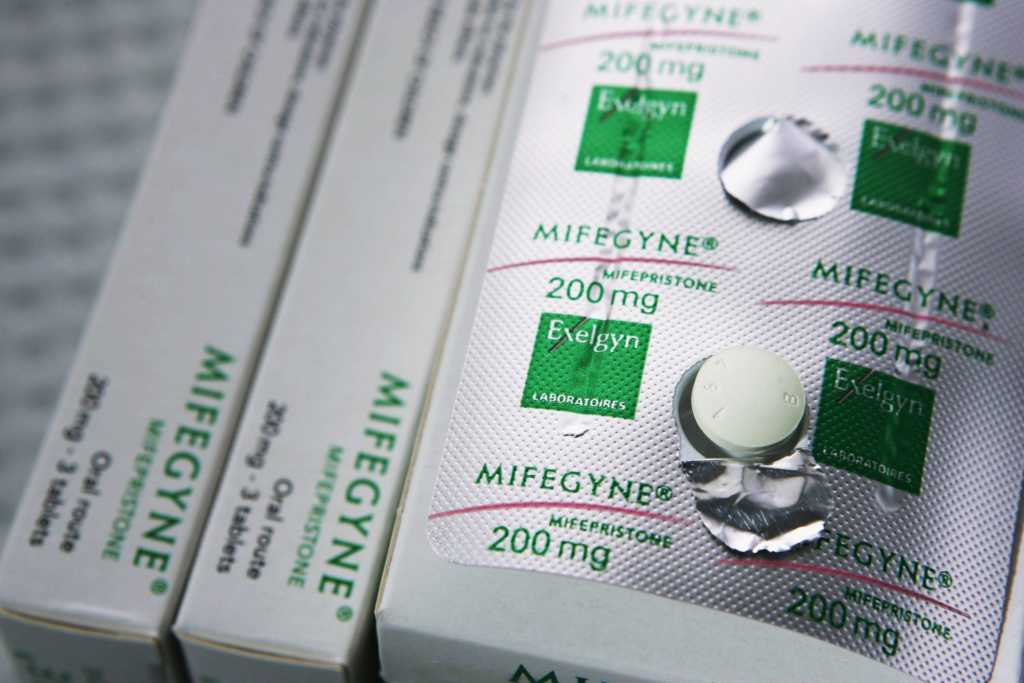At the onset of the coronavirus pandemic, the United Kingdom began allowing women to undergo medical abortions at home. Now, health leaders in the country are considering making the offering permanent.
Women up to 10 weeks pregnant have been temporarily eligible for the allowance, according to the Mirror. And to date, some 90,000 expectant mothers have resorted to using the measure, which was put in place in March.
The rule was initially set to expire after 18 months, but Health Minister Lord James Bethell said over the weekend there will be a public consultation “on permanent home use of both pills for early medical abortion.”
Bethell was referring to mifepristone and misoprostol — two abortifacient pills that previously could not be acquired prior to an in-person clinical consultation. Jonathan Lord, a doctor for Marie Stopes U.K., a government-funded abortion provider, argued it is in the best interest for women’s health to make the coronavirus-induced allowance permanent.
“Thanks to telemedicine, women have been able to access the timely, high-quality care they deserve,” he said, referring to at-home abortions. “Had this not been available, the consequences could have been catastrophic.”
Lisa Hallgarten, a pro-abortion activist, told the Mirror she believes “many will benefit from this permanent option, including those with childcare responsibilities, disabilities, who cannot travel, or are in domestic violence situations.” And Clare Murphy, director of external affairs for the British Pregnancy Advisory Service, called at-home abortions “one of the few health care success stories of the pandemic.”
In order to obtain the pills for an abortion, patients have to participate in a “consultation with an approved place” or “a registered medical practitioner via video link, telephone conference, or other electronic means.”
Dr. Helen Watt, a senior research fellow for the Anscombe Bioethics Centre, a Roman Catholic organization, argued against the at-home allowance in a recent column for The Tablet.
She claimed the government’s pro-abortion decision came “in the teeth of opposition from those pointing out the dangers to women: severe bleeding and infection, undiagnosed ectopics, inability to check the stage of gestation, inability to check for the presence of coercion.”
Watt made the case there are so many things that could go wrong by allowing largely unsupervised, at-home abortions. She also, of course, denounced it on moral grounds.
“The location of a baby does not change its moral status,” she wrote. “Even in normal cases, medical abortion is painful, bloody, and distressing.”



